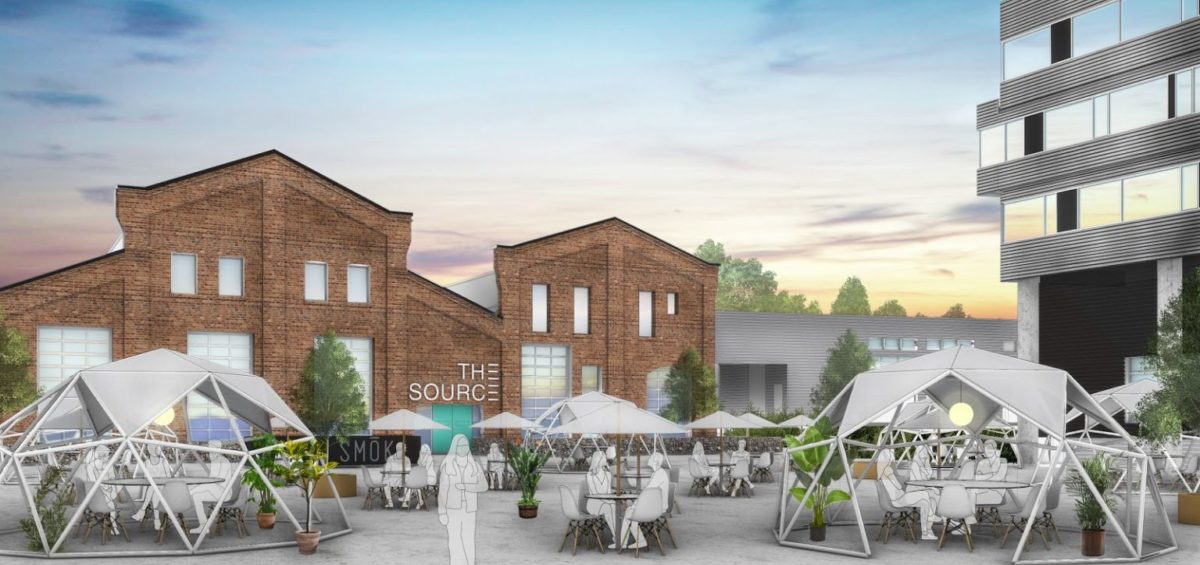As states, including Colorado, begin to reopen following the lifting of nationwide stay-at-home orders, customers are demanding a shift toward experiential dining.
In May, Cushman & Wakefield released a report detailing the impacts that COVID-19 has had on food and beverage establishments. While traditional dine-in restaurants have been most vulnerable to the challenges brought on by COVID-19, the report said the food hall concept, described as a collection of individual micro-economies presenting local, regional, nonchain and chef-driven fare, looks to be a retail model set to succeed in the future.
According to the report, since 2010, over 100,000 new restaurants opened across the country. With an oversaturation of dated restaurant concepts in the market, Cushman & Wakefield expected a minor shakeout of the restaurant types that were no longer serving consumer needs in 2020. However, food halls were not one of those concepts.
Since 2016 the report identified that 223 new food halls opened, with 165 development projects announced across the country. This increase is due to the general operation of food halls. According to the report, consumers, many being millennial and Generation Z, enjoy the social experience of food halls and thought they received a higher-quality product at an approachable price point.
Cushman & Wakefield believes the consumers’ want for “experience over goods” will only amplify following the extended periods of social isolation implemented due to COVID-19.
While the report found that the quick-service restaurant/fast-food model is most likely to survive the pandemic, with 70% of sales coming from drive-thru and takeout, the food hall model shows promise, as more and more consumers crave collaborative dining and engagement. According to the report, before the pandemic, experiential concepts, including food halls, were among the strongest performers in both the retail and food and beverage world.
With that momentum, Cushman & Wakefield said food halls could be the driving force behind a resurgence of in-person dining, especially since the restaurant model can easily adhere to social distancing guidelines with its open-floor concept.
“Food halls that created spacious public areas are now poised to creatively adapt multiple queuing lines, wider aisles, programmable spaces and flexible seating strategies into a more separated, comfortable, yet still very social, customer experience,” said Ed Eimer, president of Eimer Design, a firm that specializes in food hall design.
Many food halls have been able to stay open during the nationwide stay-at-home orders and continue to provide takeaway meals to customers.
Locally, the Denver Milk Market, the Denver Central Market and the Source Market remained open with curbside and delivery options.
For the summer months, the Source Market also launched Out Source, an outdoor food hall concept that will be open for customers starting this month. Out Source will be an expansion of the Source Market’s property at 3330 Brighton Blvd. and will feature food from select Source Market vendors including Smok Barbecue. There also will be outdoor geodesic domes for more intimate, comfortable guest seating.
“The program will give (customers) exactly what they’ve been craving: human connection, great food, cocktails, wine, amazing service and finally putting the first part of this year behind us,” a Source Market press release said.
Featured in the June 17-30, 2020, issue

